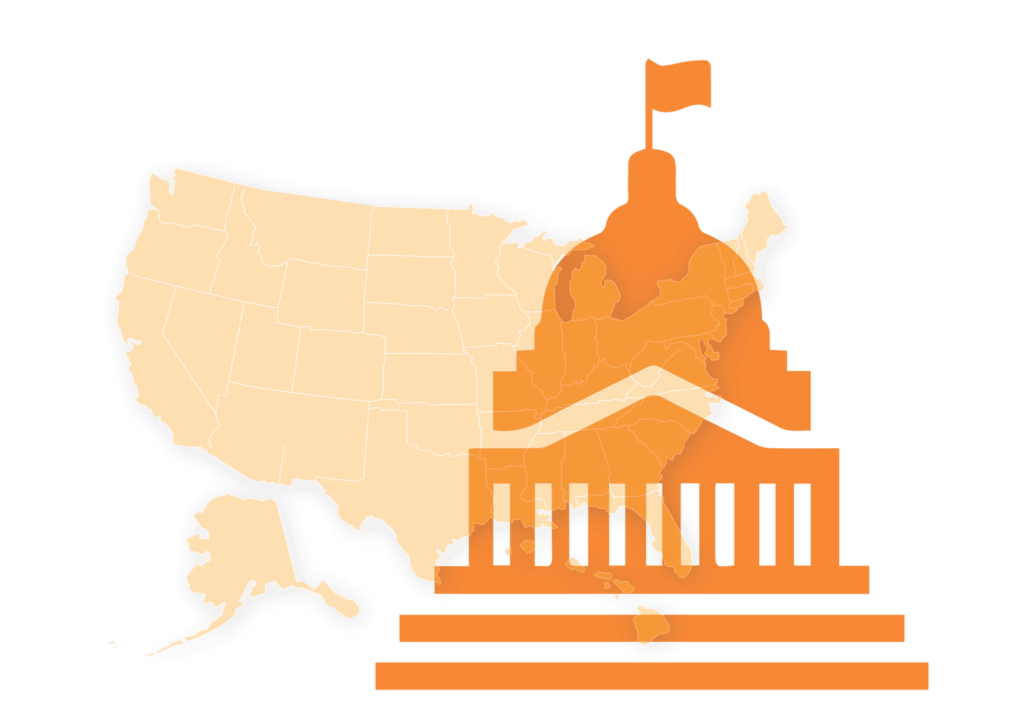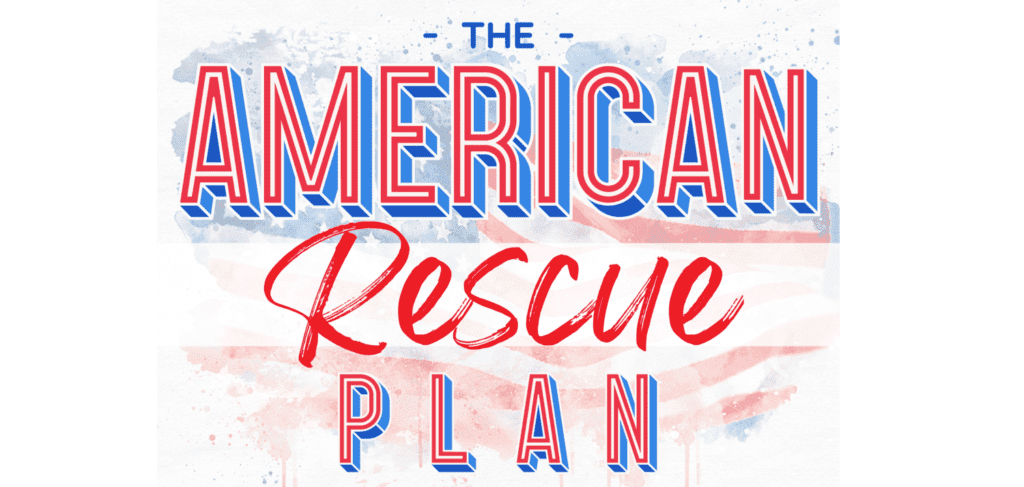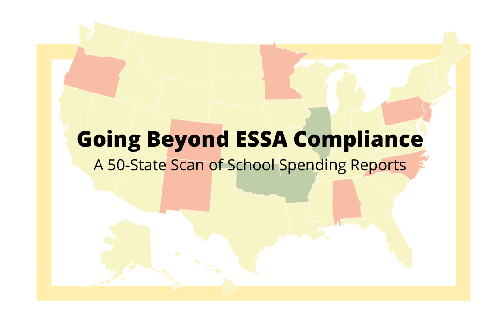Re: Agency Information Collection Activities; Comment Request; Common Core of Data (CCD) School- Level Finance Survey (SLFS) 2022-2024 (Docket No. ED-2022-SCC-0120)
Dear Coordinator Valentine,
The undersigned civil rights, education, and immigration organizations are pleased to submit comments in response to the U.S. Department of Education’s (USED) proposed changes to the School-Level Finance Survey (SLFS). We submit these recommendations as a collaboration of national organizations seeking to advance shared education equity priorities through federal, state, and local policy and advocacy.
If implemented well, the SLFS could provide centralized and accessible school–by-school expenditure data, which is central to USED’s mission and responsibility to protect equitable access to education for students across the nation. Our organizations also believe that the SLFS represents an important opportunity for key stakeholders—including parents, researchers, and members of the advocacy community—to better understand resource equity in, and across, schools and districts to better address inequity.
Research shows that school funding positively influences student achievement, but that too often, school funding systems shortchange districts serving high concentrations of students of color and students from low-income families. School-to-school funding disparities, meanwhile, have been more challenging to document, but are also coming to light as a result of improved reporting of school-level spending data, including new mandatory data reporting requirements for all states in the Every Student Succeeds Act (ESSA).
The importance of — and attention on — school-level spending data will only increase, especially as the research and advocacy communities turn attention to understanding where and how effectively federal COVID relief funding was spent to support students’ recovery. So, we are pleased to see that USED is taking steps to replace the school-level spending data that was removed from the Civil Rights Data Collection (CRDC), while building on the work that states have already done to report school-level spending data aligned with the ESSA requirement.
Any expansion of the SLFS must be accompanied by an improvement in the National Center for
Education Statistics’ (NCES’) ability to publicly report the data in a timely manner. At the same time, we believe it is important for USED to ensure that states remain committed to reporting high-quality and timely school-level spending data on their report cards, as required by ESSA. We recognize that
reporting complete and accurate school-level spending data required in ESSA has been a difficult task for states. However, since the Edunomics Lab’s National Education Resource Database on Schools (NERD$) includes FY19 data from 49 states and the District of Columbia, it appears that states are rising to the
challenge. To ensure that the ESSA data do not get “left behind” while making a transition to a national, and more comprehensive, data collection through SLFS, we recommend that USED continue to provide technical assistance to state educational agencies to improve their ability to report school-level spending data that aligns with SLFS definitions and meets the ESSA requirement.
Over the last few years, the school-level spending data “ecosystem” — which includes data from the CRDC, the ESSA per-pupil expenditure reporting requirement, and the SLFS — has seen many changes. This includes a new reporting requirement because of ESSA, removal of the data from the CRDC, and a substantial revision of definitions in the SLFS to align with the ESSA reporting requirement. As such, we appreciate that NCES has outlined an incremental action plan to phase-in these additional changes to the SLFS. However, we recommend the following changes to the implementation timeline.
- Since a previous package for the SLFS cleared in October 2021, which maintained the SLFS’s voluntary status through FY23, we recommend maintaining the data collection, as approved for those years. This means that reporting would remain voluntary through FY23.
- We recommend shifting the incremental action plan’s timeline so that it begins with requiring states to report FY24 data using the minimum reporting requirements as described for FY23 and FY24 in the current incremental plan. We recommend asking states to report those data for 2 years (FY24 and FY25).
- In a subsequent revision to the information collection request for the SLFS to cover FY26 and beyond, NCES/OCR should require states to report data described in the notice’s incremental action plan as the minimum reporting requirements for FY25.
Whether or not NCES makes the substantive changes above to the incremental action plan that is described in the federal register notice, we offer the following conforming recommendations to improve the clarity of the requirement, quality of the data to be collected, and transparency about the data already collected.
- Provide an optional template for states to use to report data for FY22. We agree that NCES should be flexible regarding data formats and allow states to submit a “data dump,” but believe it would be helpful to provide a template for states to report the data.
- Clearly indicate which specific survey items from the SLFS will be requested to meet the minimum reporting requirements in each of the phase-in Currently, the information collection request package only includes the full SLFS survey form.
- Clarify in the notice that states will be required to report the data noted in the incremental action plan twice – once for all expenditures and again for all expenditures excluding federal funds (with the exception of Impact Aid funds).
- Continue to provide technical assistance to state educational agencies to improve their ability to report school-level spending data that aligns with SLFS definitions and meets the ESSA
- Release, as soon as possible, the report mentioned in the notice “Collecting Complete School- Level Expenditure Data: An Evaluation of the Expanded School-Level Finance Survey (SLFS) School Year 2017–18 (NCES 2022-305)”.
- Release, as soon as possible, data from the SY 2017–18 and SY 2018–19 School-Level Finance
Thank you again for the opportunity to provide feedback on these proposed changes to the SLFS, and for your commitment to improving the field’s understanding of how much money states and districts spend on schools.
Sincerely,
All4Ed
Education Reform Now
The Education Trust
National Center for Learning Disabilities






